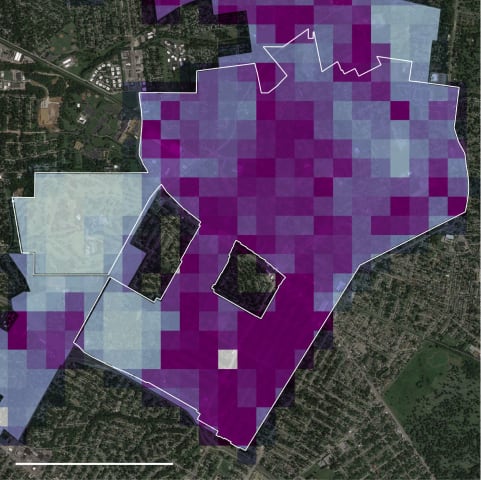Description: An AI system developed by Infinite Campus and deployed by Nevada to identify at-risk students led to a sharp reduction in the number classified as needing support, dropping from 270,000 to 65,000. The reclassification caused significant budget cuts in schools serving low-income populations. The drastic reduction in identified at-risk students reportedly left thousands of vulnerable children without resources and support.
Editor Notes: Timeline notes and clarification: Before 2023, Nevada identified at-risk students mostly by income, using free or reduced-price lunch eligibility as the key measure. In 2022, this system classified over 270,000 students as at-risk. Looking to improve the process, Nevada partnered with Infinite Campus in 2023 to introduce an AI system that used more factors like GPA, attendance, household structure, and home language. The new system was meant to better predict which students might struggle in school. However, during the 2023-2024 school year, the AI cut the number of at-risk students to less than 65,000. This reclassification caused budget cuts in schools that depended on the funding tied to at-risk students, especially those serving low-income populations. By October 2024, the problem gained national attention.
Tools
New ReportNew ResponseDiscoverView History
The OECD AI Incidents and Hazards Monitor (AIM) automatically collects and classifies AI-related incidents and hazards in real time from reputable news sources worldwide.
Entities
View all entitiesAlleged: Infinite Campus developed an AI system deployed by Nevada Department of Education, which harmed Low-income students in Nevada , Nevada school districts , Mater Academy of Nevada and Somerset Academy.
Incident Stats
Risk Subdomain
A further 23 subdomains create an accessible and understandable classification of hazards and harms associated with AI
1.3. Unequal performance across groups
Risk Domain
The Domain Taxonomy of AI Risks classifies risks into seven AI risk domains: (1) Discrimination & toxicity, (2) Privacy & security, (3) Misinformation, (4) Malicious actors & misuse, (5) Human-computer interaction, (6) Socioeconomic & environmental harms, and (7) AI system safety, failures & limitations.
- Discrimination and Toxicity
Entity
Which, if any, entity is presented as the main cause of the risk
AI
Timing
The stage in the AI lifecycle at which the risk is presented as occurring
Post-deployment
Intent
Whether the risk is presented as occurring as an expected or unexpected outcome from pursuing a goal
Unintentional
Incident Reports
Reports Timeline
Loading...

Nevada has long had the most lopsided school funding in the country. Low-income districts there have nearly 35 percent less money to spend per pupil than wealthier ones do --- the largest gap of any state.
A year ago, Nevada set out to impr…
Variants
A "variant" is an AI incident similar to a known case—it has the same causes, harms, and AI system. Instead of listing it separately, we group it under the first reported incident. Unlike other incidents, variants do not need to have been reported outside the AIID. Learn more from the research paper.
Seen something similar?
Similar Incidents
Did our AI mess up? Flag the unrelated incidents
Loading...

Northpointe Risk Models
· 15 reports
Loading...

Predictive Policing Biases of PredPol
· 17 reports
Similar Incidents
Did our AI mess up? Flag the unrelated incidents
Loading...

Northpointe Risk Models
· 15 reports
Loading...

Predictive Policing Biases of PredPol
· 17 reports

